Has hydroelectric hit its high water mark?
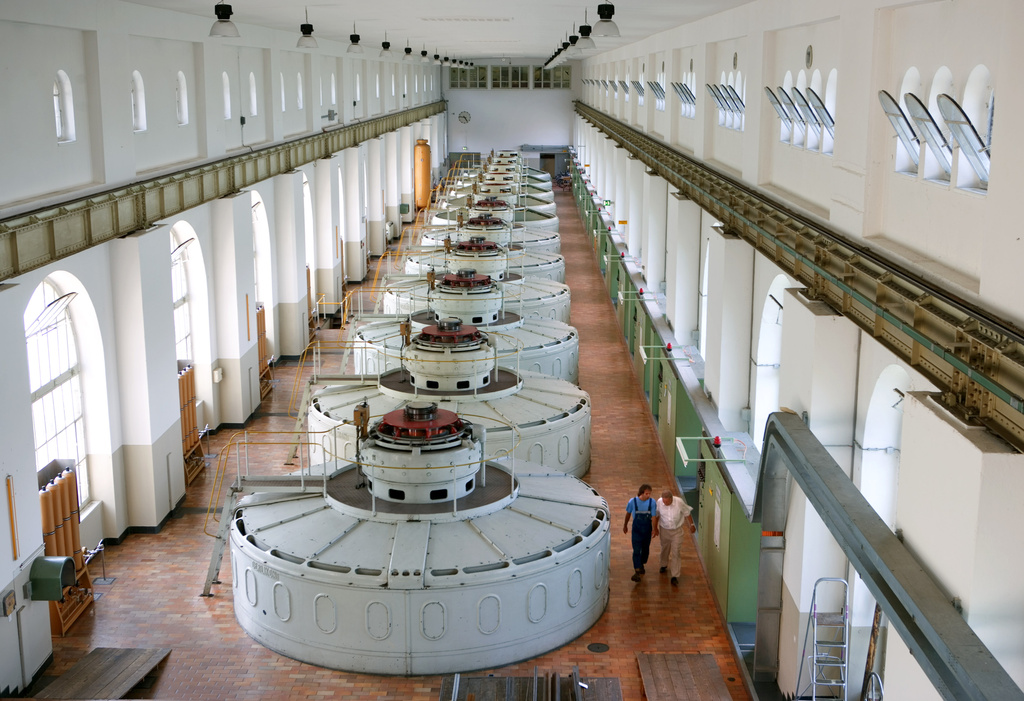
The development of Switzerland’s main renewable resource, hydroelectric power, seems to have reached its limit – not least for environmental reasons.
The nuclear disaster in Japan last month has reopened the debate on the use of alternative energies, and Switzerland – which has five reactors – is now considering the possibility of abandoning atomic energy.
The Fukushima Dai-ichi nuclear power plant has been leaking radiation after a March 11 earthquake and tsunami wrecked its power and cooling systems.
Even the Swiss political parties traditionally favourable to atomic energy, such as the centre-right Radicals, have announced their intention of studying alternative solutions. It was reported in the Sunday press on April 17 that an inter-party alliance put together by the Radical parliamentarian Otto Ineichen is proposing a step-by-step exit from nuclear power by 2050.
Today, about 60 per cent of electrical energy produced in Switzerland comes from renewable sources. The lion’s share of this is provided by hydroelectric plants, which supply 95 per cent of “green” electricity.
The remaining five per cent comes from newer energy sources like biomass, sun, wind and ambient heat. Economic (capital investment) and political factors do not currently permit full exploitation of the potential of photovoltaic or geothermal energy.
For the promotion of solar energy, which contributes just 0.1 per cent of electricity production, the industry group Swissolar is asking the government and parliament to make more funding available, based on the German model.
Limited potential
If there were to be a gradual abandonment of nuclear power, which currently provides about 40 per cent of electricity in Switzerland, increased exploitation of hydropower would seem to be the less innovative solution – but it could be the more appropriate one.
Thanks to its topography and its many bodies of water, Switzerland in fact provides ideal conditions for exploitation of hydropower (see box).
Robert Boes of the laboratory of hydraulics, hydrology and glaciology at the Federal Institute of Technology in Zurich said the construction of new hydroelectric plants would provide a quarter of the electricity necessary to replace nuclear power.
But many experts believe the growth of hydroelectric energy has reached its limit. Particularly in the case of the larger plants, the technical potential is almost completely exhausted, according to the Federal Energy Office.
Furthermore, it notes, the effects of climate change and the introduction of stricter standards of water conservation in 2011 will have a negative effect on the production of hydroelectric energy.
Environmentalists under pressure
Small hydroelectric plants with less than ten megawatts of power offer a “potential that is far from negligible”, the office said.
There are about 1,000 small hydroelectric plants scattered across the country, some built more than a century ago, and they could increase their production by 50-100 per cent, said Nicolas Crettenand, an engineer at the Federal Institute of Technology in Lausanne.
With a little good will, added Gerhard Danioth of the energy services company Alpiq in a recent article in the news weekly Hebdo, “we could achieve up to ten per cent of the production of electricity in Switzerland”.
To do this, environmental organisations and those on the political left would have to show themselves “more constructive” in discussions on hydroelectric and wind energy, claims Christophe Darbellay, president of the centre-right Christian Democratic Party.
In his view, all development and modernisation projects have been blocked by legal challenges from the ecologists.
But on April 19, the federal authorities approved a project to raise the dam of the Old Emosson reservoir in canton Valais, in a move designed to boost hydroelectric output by a third. The dam wall will be raised by 21.5 metres, an increase which is expected to increase the energy output from 600 to 900 megawatts.
Law enforcement
However, environmental organisation WWF Switzerland stresses that it is not just trying to make problems. Out of about 800 hydroelectric projects launched in the past three years, WWF and the nature protection organisation Pro Natura have made 43 legal challenges – “not 500 as some of the media have been saying”, says Dani Heusser, an expert on water for the WWF.
Furthermore, the WWF points out, three-quarters of new sites proposed as part of the national programme to promote renewable energy sources (cost-covering remuneration for feed-in to the electricity grid) were found to be “appropriate” for the construction of small plants.
The objective of the environmental organisations is primarily to see the current laws enforced, Heusser said.
“We cannot continue to produce more and more energy at the expense of biodiversity,” said Rudy Bächtold, spokesman of WWF.
Partial agreement on Grimsel
At the centre of a longstanding controversy, the hydroelectric pumped storage complex at the Grimsel, in the Bernese Oberland, has been an ideological battlefield between ecologists and companies in the sector.
For years, expansion projects have been blocked by legal actions from the environmental organisations and the centre-left Socialist Party of canton Bern.
Following the Fukushima nuclear catastrophe, the positions have softened a bit and the possibility of reaching an understanding seems no longer remote.
In a press release dated April 8, the principal environmental groups (including WWF, Pro Natura and Greenpeace) withdrew their opposition to two hydroelectric expansion projects now found to be “acceptable compromises”.
Their opposition to the raising of the wall of the Grimsel dam remains unchanged, however. Increasing the level of the reservoir, says the ecologists, would mean inundating a wetland zone of national importance. This operation would violate environmental protection laws.
“The way to go is the way of energy efficiency,” Bächtold concluded. “For example, updating the existing plants with more modern technologies – without forgetting the potential still to be derived from solar energy, wind energy and biomass”.
Switzerland, “Europe’s water reserve”, produces most of its electricity (35.83 billion kilowatt hours per year) by means of hydroelectric plants.
In the whole world, only Norway, Iceland and Austria have higher percentages.
In Switzerland there are about 1,600 hydroelectric plants and 190 dams (the highest, at 285 metres, is Grande Dixence in Valais).
Two-thirds of the hydroelectric energy come from the mountain cantons Uri, Graubünden, Ticino and Valais.
Exploitation of hydropower (by means of run-of-river plants, storage and pumping systems) generates a turnover of about SFr2 billion.
Using a variety of measures, the government intends to promote the renewal and upgrading of existing plants. The goal is to increase mean production by at least 5% by 2030.
(Source: Federal Energy Office)
In 2010 consumption of electricity in Switzerland increased by 4% over 2009 and amounted to 59.8 billion kilowatt hours (kWh), according to the Federal Energy Office.
The nation’s electric power plants produced 66.3 billion kWh (-0.4%).
Despite the new record set by the Mühleberg power plant (Bern), production of electricity by Switzerland’s nuclear plants fell by 3.5% to 25.2 billion kWh.
Complex electrical energy produced in Switzerland in 2009 comprised 56.5% from hydroelectric plants, 38.1% from nuclear plants and 5.4% from conventional thermal plants and other plants.
Overall, in 2010, 66.8 billion kWh were imported and 66.3 billion kWh were exported.
(Translated from Italian by Terence MacNamee)

In compliance with the JTI standards
More: SWI swissinfo.ch certified by the Journalism Trust Initiative

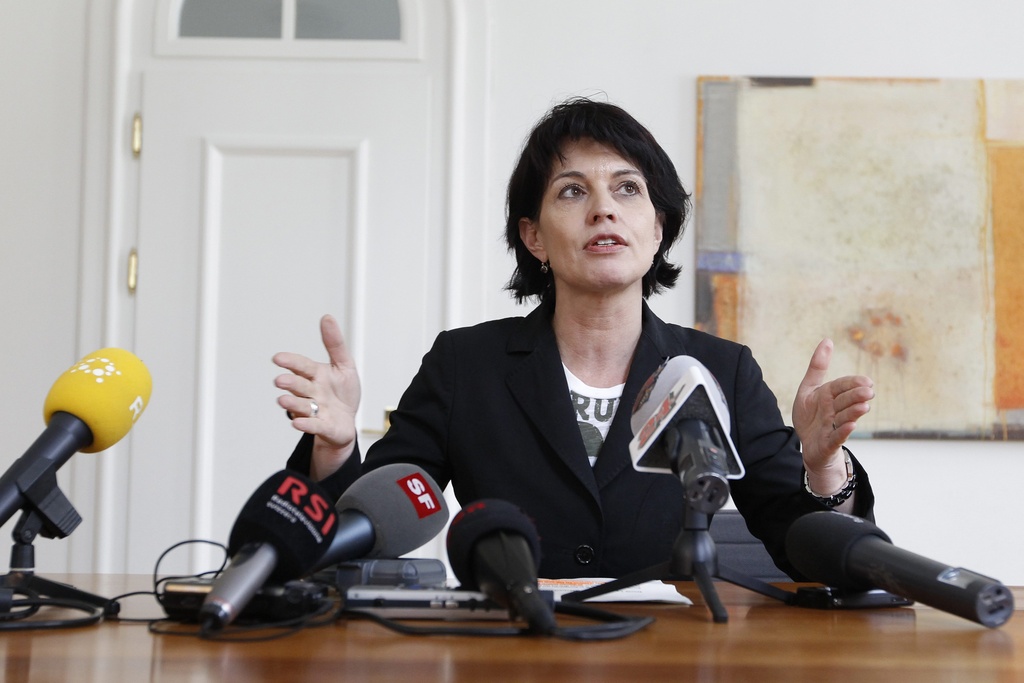
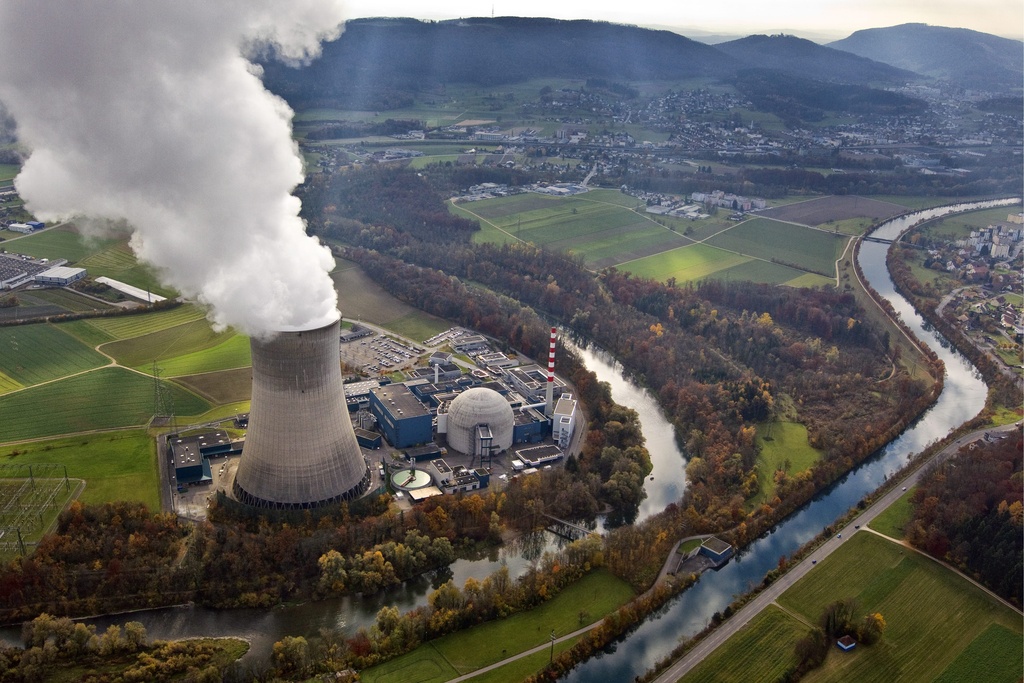
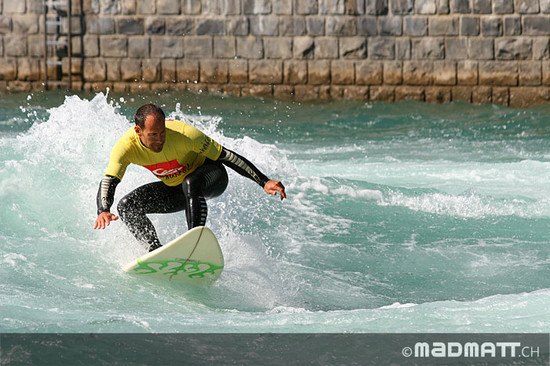
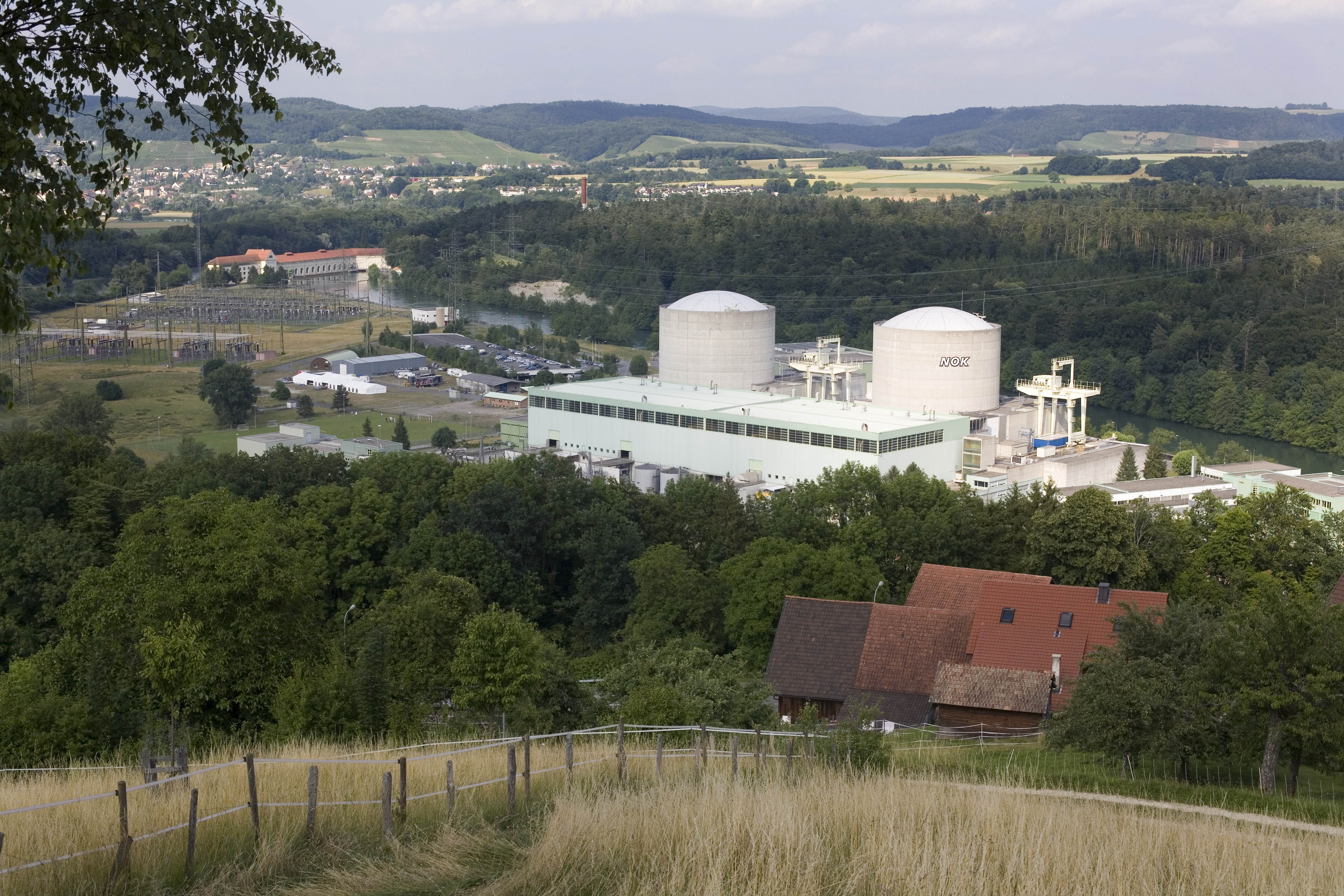
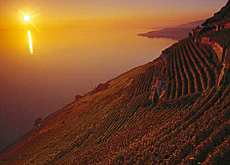
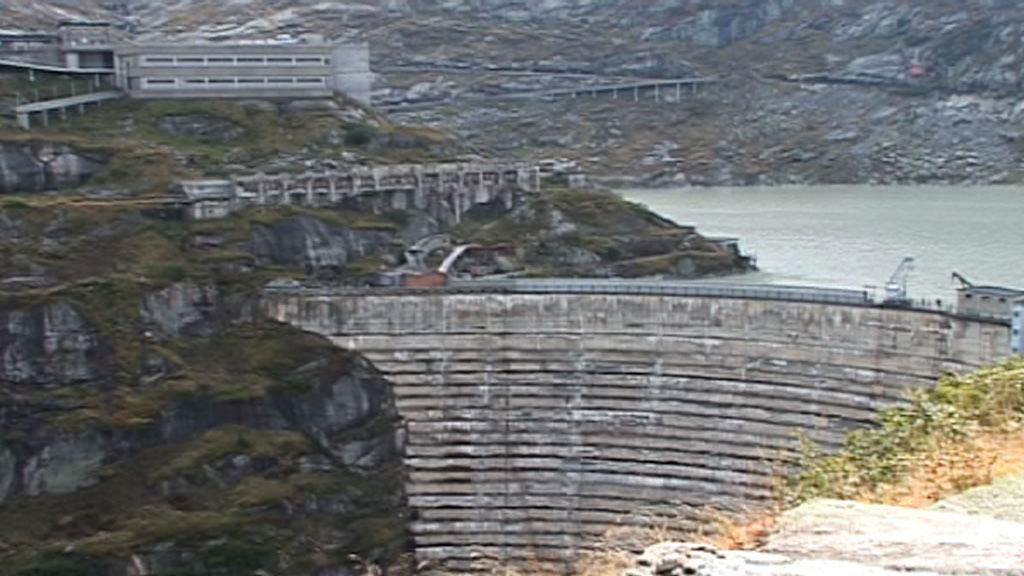
You can find an overview of ongoing debates with our journalists here. Please join us!
If you want to start a conversation about a topic raised in this article or want to report factual errors, email us at english@swissinfo.ch.